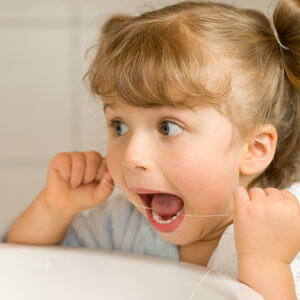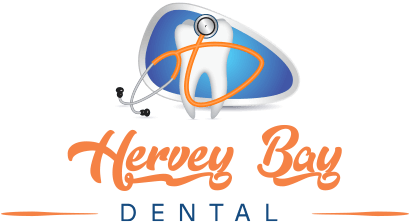 Many mums and dads assume that decay in baby teeth isn’t a big deal—after all, these teeth will eventually fall out, right? You may wonder why it’s important to treat a cavity in a tooth that’s temporary. Put simply, healthy baby teeth play a vital role in your child’s development.
Many mums and dads assume that decay in baby teeth isn’t a big deal—after all, these teeth will eventually fall out, right? You may wonder why it’s important to treat a cavity in a tooth that’s temporary. Put simply, healthy baby teeth play a vital role in your child’s development.
The Importance of Treating Baby Tooth Decay
Beyond chewing food, of course, baby teeth serve several essential functions. These primary teeth reserve space for permanent teeth to come in properly, support proper jaw development and facial structure, aid in clear speech development, help build self-confidence through a healthy smile, and prevent pain and infection that can affect eating, sleeping, and concentration.
“When decay in baby teeth goes untreated, the infection can damage the developing permanent teeth underneath,” shares Dr Felipe Knob (Dentist). “As both a dentist and a parent, I understand the desire to avoid dental procedures for little ones, but addressing decay early often means simpler, less invasive treatment and prevents more serious complications.”
Spotting the Signs of Baby Tooth Decay
Early detection is key to addressing tooth decay before it becomes severe. Here are some things to watch for:
Visual Changes
The earliest sign of decay often appears as white spots or lines near the gumline, which indicate mineral loss in the tooth. As the decay progresses, these areas may turn brown or black. Check your child’s teeth regularly, especially along the gumline and where teeth touch each other.
Behavioural Signs
While kids often don’t let you know they have tooth pain, changes in behaviour might signal dental problems. Watch for sudden sensitivity to temperature or sweetness, avoiding brushing certain areas, chewing on one side of the mouth, unexplained irritability or sleep disturbances, and reluctance to eat certain foods they previously enjoyed.
Advanced Warning Signs
If you notice bad breath that persists despite brushing, swollen gums, or pus around a tooth, these indicate advanced decay requiring immediate attention. Never ignore these symptoms, even in baby teeth.
Preventing Baby Tooth Decay
It’s been said that prevention is better than cure. We agree! Here are some tips to help keep your child’s baby teeth healthy:
- Proper Cleaning Techniques: Clean your baby’s gums with a soft, damp cloth after feedings, even before teeth emerge. Once teeth appear, use an age-appropriate toothbrush with a small smear of fluoride toothpaste (about the size of a grain of rice) for kids under 3. For children ages 3-6, use a pea-sized amount. Brush twice daily and be particularly thorough before bedtime.
- Monitor Diet and Feeding Habits: Certain habits significantly increase decay risk. Avoid putting your baby to bed with a bottle of milk or juice, limit sugary snacks and drinks, and offer water after meals to rinse away food particles. It’s also a good idea to limit sticky foods that cling to teeth.
- Regular Professional Care: Schedule your child’s first dental visit by their first birthday and maintain regular six-monthly checkups after that. Professional cleanings, fluoride applications, and protective sealants can provide additional defence against decay.
Safeguard Your Child’s Smile—Book Today
Our gentle, child-friendly care helps prevent decay and addresses problems early. We also offer a homely, stress-free environment that helps kids have a positive experience at their dental visits.
Contact Hervey Bay Dental today to schedule your child’s appointment. We want to help your little one maintain healthy baby teeth that set them up for a lifetime of optimal oral health!
CONTACT US
Any invasive or surgical procedure may carry risks. Before moving forward, it is recommended that you seek a second opinion from an appropriately licensed medical professional.
